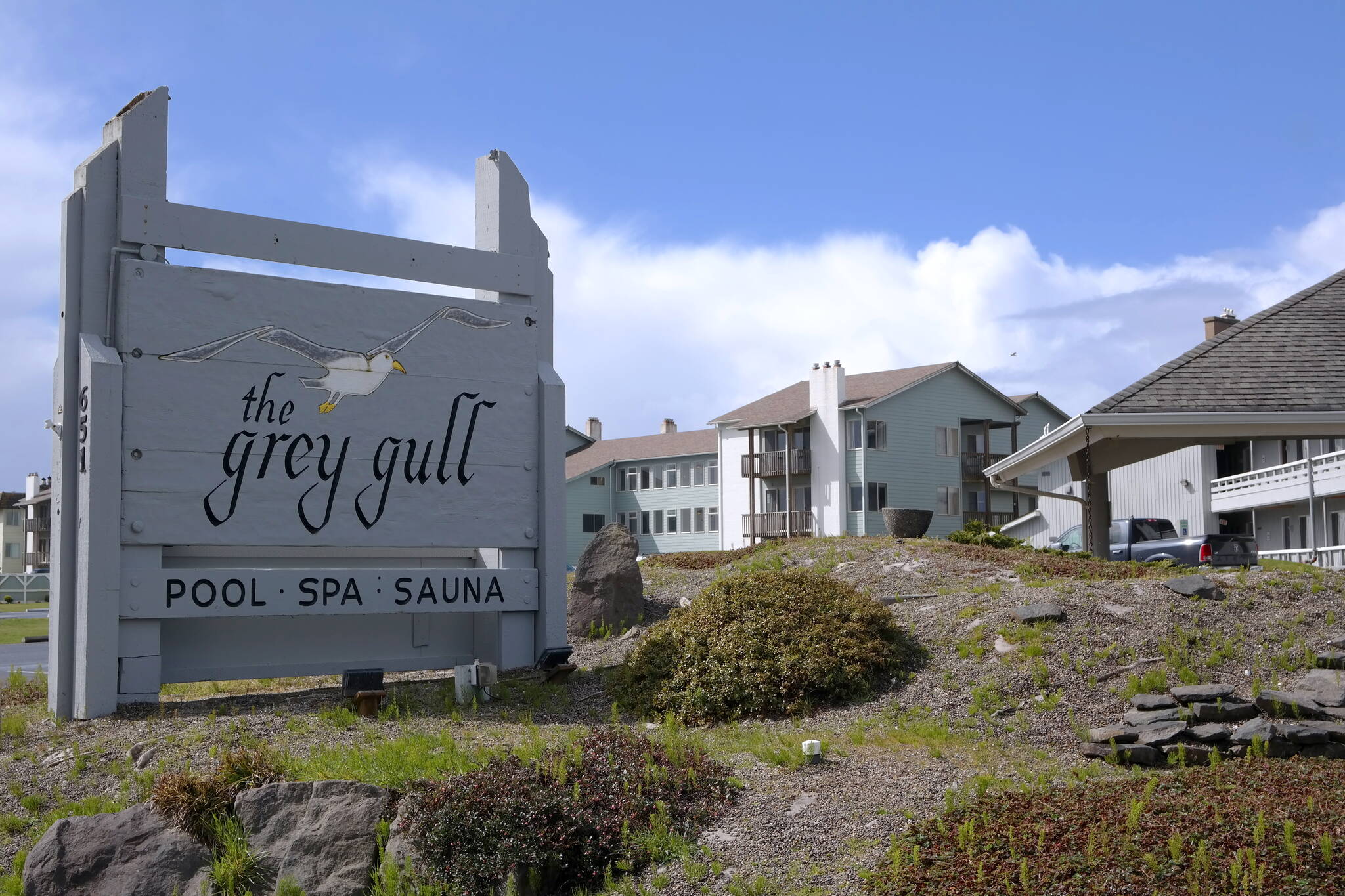A debate is brewing in Ocean Shores over a tourism-based tax. It’s not over it being levied, or even over the degree to which it’s levied, but rather how its revenue is apportioned.
The hotel/motel tax is a consumer tax on lodging charges for periods of less than 30 consecutive days. It applies to hotels, motels, rooming houses, private campgrounds, RV parks, and similar facilities. The tax is collected from the customer and reported by the lodging business on an excise tax return. The tax is unique in that the funds are then redistributed to the levying cities by the state treasurer, and may be allocated to promote tourism or tourism-related facilities within the city.
The Lodging Tax Advisory Committee (LTAC) is responsible for distributing funds collected by the hotel/motel tax, and is an opportunity for community stakeholders to consult on where the money goes. The LTAC is comprised of five members appointed by the mayor and confirmed by the City Council. This includes one member from the City Council that serves as chair, two members from businesses that are required to collect the lodging tax, and two organizations that could be funded by the lodging tax. Committee members currently serve two-year terms.
Historically, the LTAC meets once a year after Sept. 30, but before the first City Council meeting in October to review applications for the allocation of funds collected from the lodging tax. The LTAC determines by majority vote which, if any, of the proposals to recommend to the City Council for funding and in what individual amounts. Final decisions on the rewarding of LTAC funds are made by the City Council.
According to Ocean Shores Mayor Jon Martin and some members of the City Council, it has been difficult to find a rotating cast of committed and qualified applicants to serve on the committee. At the Monday, April 11, regular meeting of the Ocean Shores City Council, the council considered a variety of resolutions that would allow for new voices on the LTAC while ensuring some consistency of membership.
“As long as I’ve been on the council, it seems like LTAC is the biggest thing we argue about. I see why, it’s a board that meets once or twice a year, and then they move on, and they’re done,” said Martin. “All I ask is that I have something workable as mayor, and to not have a committee that all leaves at the same time.”
Martin, who previously served on the LTAC himself, expressed the need to stagger terms in order to promote some institutional knowledge among members of the committee given its sporadic meeting.
Members of the Ocean Shores Hotel Coalition — which includes institutions, such as the Canterbury Inn, The Grey Gull, and the Best Western — called for more serious restrictions on LTAC terms and greater oversight of available funds.
“The LTAC is important to us. Ocean Shores’ hotels exemplify a wide range of management styles, ownership structures, and target markets. Term limits are imperative in order to maintain fair and diverse representation for all Ocean Shores establishments which provide overnight accommodations,” said former Councilmember Susan Conniry, who was asked to read a statement by the coalition.
Councilmember Rich Hartman put forth a motion to amend the resolution and alter LTAC terms to a variety of two, four-year terms on a staggered basis. The motion also proposed that committee members could serve consecutively for a maximum of eight years.
“I too don’t like life appointments, and this serves to create staggered terms and allows for some consistency of membership,” he said.
The motion was opposed 4-3 by the City Council.
Councilmember Kathryn Sprigg also put forth a motion to add two year term limits on the LTAC, with a renewable option for a second term if other eligible applicants are not submitted. The motion did not pass.
Discussion over reforming the LTAC was sent to an ad hoc committee on Monday night’s meeting, but the role of the LTAC remains important in the Ocean Shores community. In 2021, the city of Ocean Shores collected approximately $1.5 million in lodging tax revenue, a nearly 42 percent increase from 2020. The vast majority of that tax revenue, more than $1.4 million, was awarded to the Ocean Shores Convention Center last year. The funds will be used for delayed maintenance projects on the building.
Another $19,000 was distributed to the two remaining proposals, which leaves the committee with more than $69,000 in funds still available for distribution.
Some hoteliers want to reject the notion of the lodging tax being a “pass through tax” and believe businesses upon which the lodging tax is levied should get a greater say in how it’s apportioned.
“It is our belief that if a greater effort was made to communicate the role of the LTAC, committee member seat availability, and membership application deadlines, a greater number of our community would choose to serve. Given the significant contribution our membership makes to the LTAC fund, I hope you will seriously consider our recommendation,” said the statement from the Ocean Shores Hotel Coalition.
The City Council will review proposals from the ad hoc committee on the future of the LTAC in a later meeting. Based on Monday’s meeting, the LTAC controversy may open the door to further discussion on the imposition of term limits on other local offices.
“I personally am in favor of term limits, but there’s no place in Grays Harbor that has term limits,” said Martin. “I’m concerned that we would do that to the LTAC and not to the City Council and the mayor — it should start from the top.”



